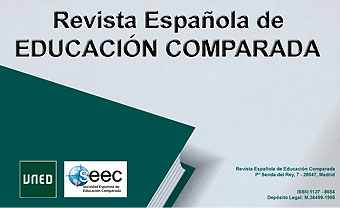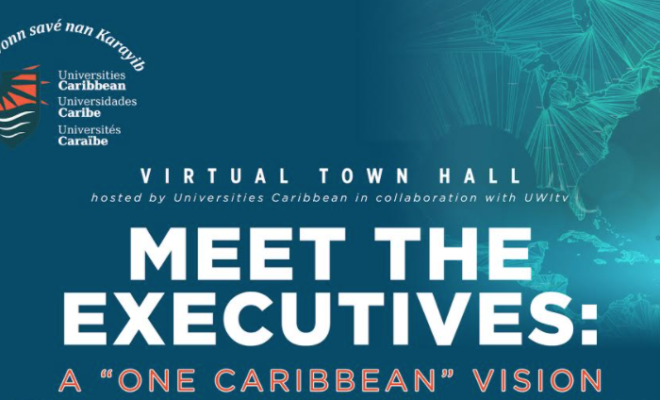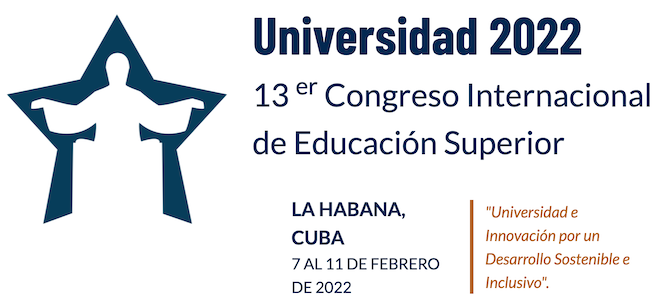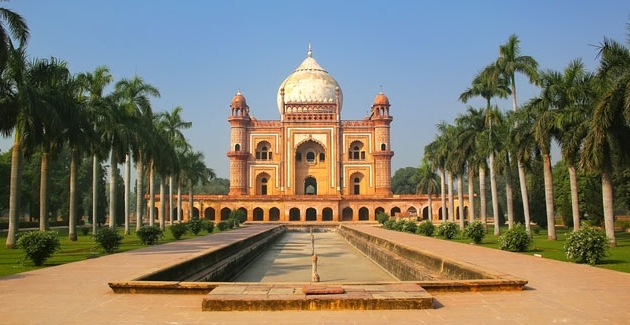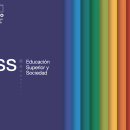Scholarly success of African universities: common contributing factors / The Conversation
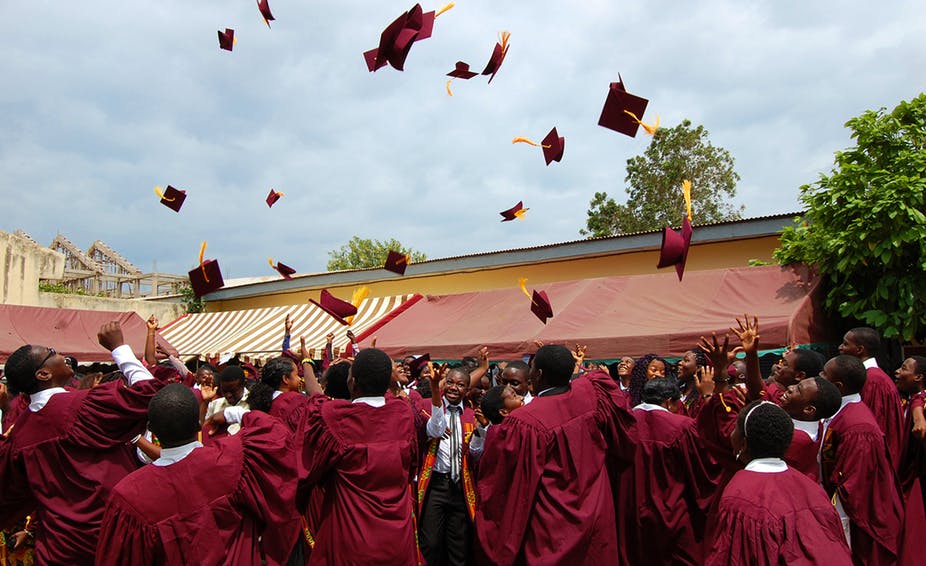

As the start of the northern hemisphere academic year hundreds of thousands of students across Africa head to the airport. The reason for this “student exodus” is that those who can afford it head abroad for their tertiary education. Why do they go? A survey done last year found that 71% of African students studying outside Africa thought a degree earned abroad represented a higher-level qualification than a degree at home.
The exodus can be attributed to numerous reasons. These include inadequate funding of tertiary education resulting in dilapidated campuses and obsolete study programmes that are not adapted to developments in science and technology. Other factors include an absence of research policy and insufficient resources. All these result in a perception of low quality African universities. (…) But it’s not all doom and gloom. There are African universities, despite the financial constraints, that are getting it right. Read the full article on The Conversation
RELATED ITEMS


